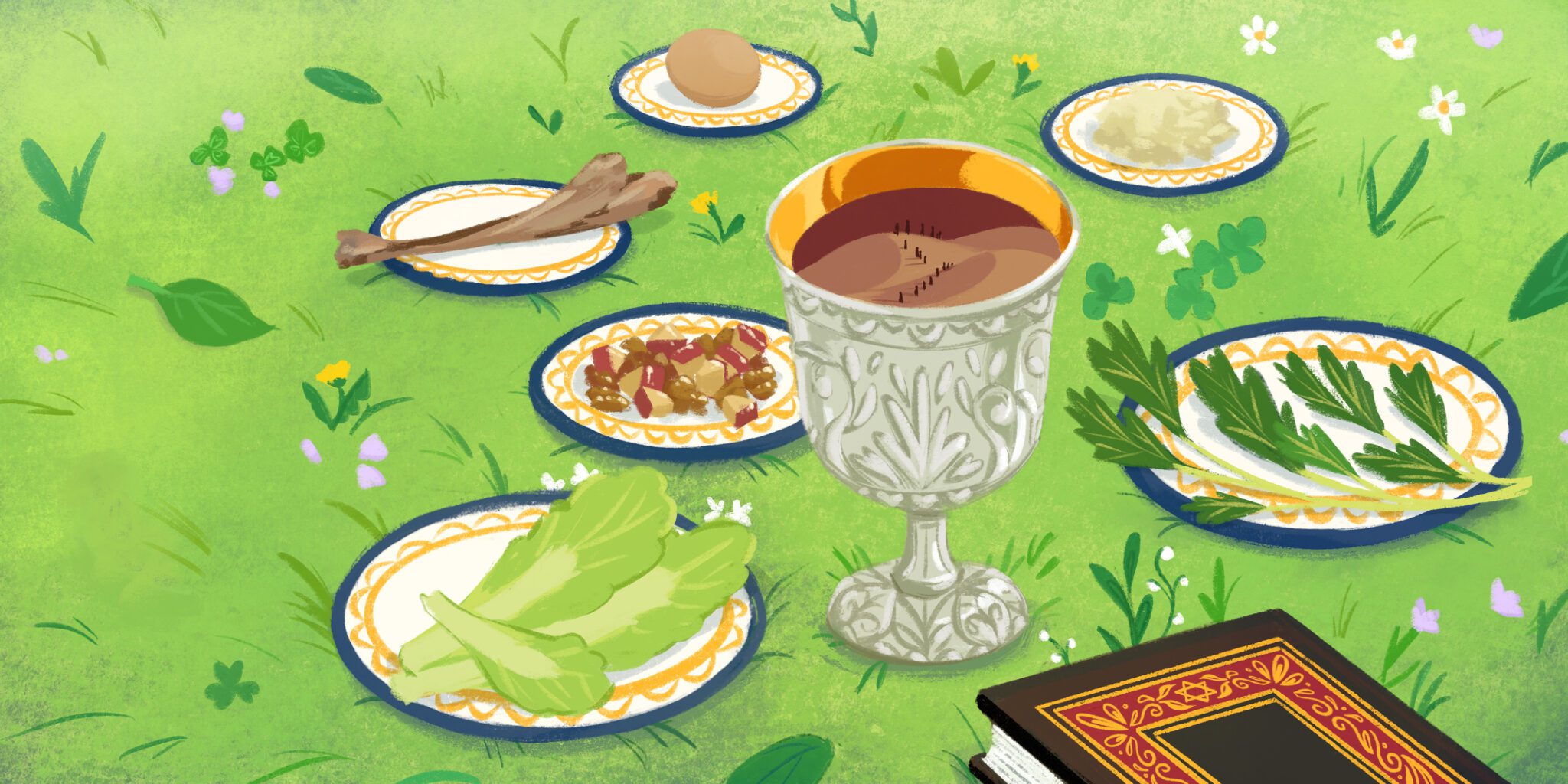Passover is one of the most religiously and ritually significant holidays in the Jewish faith. Also known by its Hebrew name Pesach, the weeklong festival celebrates the Israelites’ exodus from Egypt and liberation from slavery.
Passover takes place each year at the dawn of springtime, and traditional rites of celebration are imbued with themes of freedom, hope, and new beginnings.
As 2016 Templeton Prize winner Rabbi Lord Jonathan Sacks said of the holiday, “Pesach is the oldest and most transformative story of hope ever told.”
Jews all over the world celebrate the first two nights of Passover with a traditional meal known as a Seder. Family and friends gather around for a pre-dinner reading from a religious text called the Haggadah, which retells the story of Passover in great detail, calling for members of the family to perform symbolic rituals at various moments.
For the duration of the holiday, Jews abstain from consuming all leavened foods. This ritual pays homage to the journey of the Jews that fled Egypt, who had no time to wait for their bread dough to rise and instead created the flat, unleavened cracker that we know today as matzoh.
While many aspects of Passover’s central story are rather grave and dark, the overall sentiment of the modern celebration of Passover is one of joy, renewal, and togetherness.
Passover 2022 begins on Friday, April 15th.
Still Curious?
- Explore research on one of the key themes of passover — hope & optimism.
- Explore related John Templeton Founded-funded projects:
